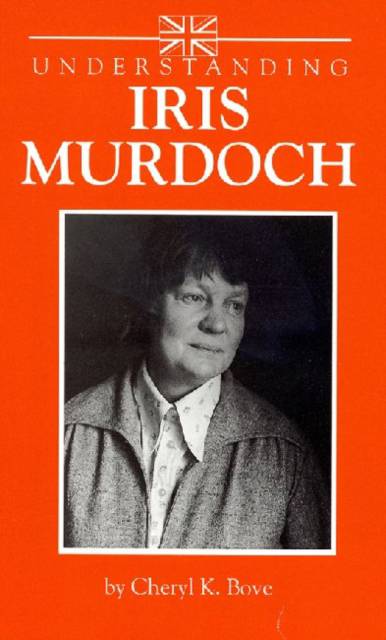
- Retrait gratuit dans votre magasin Club
- 7.000.000 titres dans notre catalogue
- Payer en toute sécurité
- Toujours un magasin près de chez vous
- Retrait gratuit dans votre magasin Club
- 7.000.0000 titres dans notre catalogue
- Payer en toute sécurité
- Toujours un magasin près de chez vous
Description
A dominant figure of postwar British literature, Iris Murdoch (1919-1999) wrote more than twenty-five novels, a collection of poems, and a half-dozen philosophical studies. While critical opinion of her work varies, Murdoch remains one of the most respected contemporary British novelists. In Understanding Iris Murdoch, Cheryl Bove divides Murdoch's work into two broad categories--the ironic tragedy and the bittersweet comedy--to examine the reasons why her work continues to attract such a large following.
Bove describes Murdoch as preoccupied with love, art, and the possibility and difficulty of doing good and avoiding evil. A writer of consistently readable novels who fashions gripping narratives and vivid characters, Murdoch presents readers with moral problems upon which she allows her audience to pass judgment. Bove summarizes Murdoch's work not as an effort to advance a cause, expand a philosophy, or portray a society, but to present human relationships and solve fictional problems of plot and theme.
Spécifications
Parties prenantes
- Auteur(s) :
- Editeur:
Contenu
- Nombre de pages :
- 216
- Langue:
- Anglais
- Collection :
Caractéristiques
- EAN:
- 9781570039829
- Date de parution :
- 14-07-11
- Format:
- Livre broché
- Format numérique:
- Trade paperback (VS)
- Dimensions :
- 127 mm x 203 mm
- Poids :
- 254 g

Les avis
Nous publions uniquement les avis qui respectent les conditions requises. Consultez nos conditions pour les avis.






